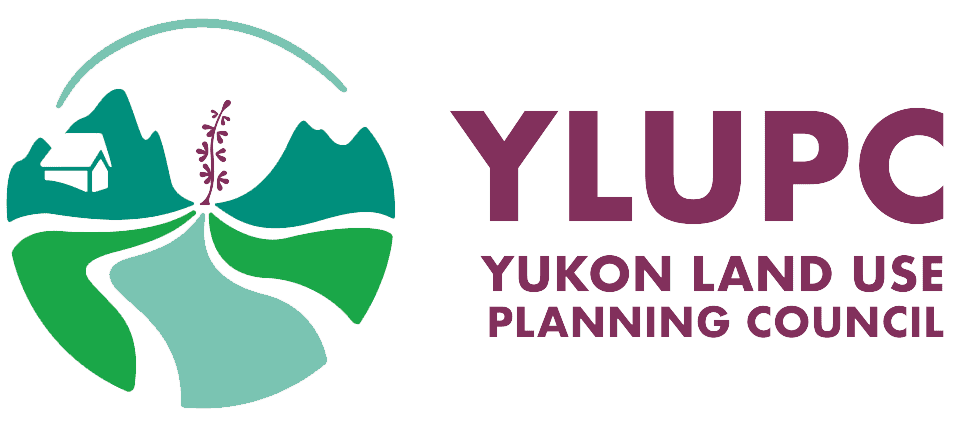Darha Phillpot – Manager Land Use Planning, The Government of Northwest Territories, Department of Lands
On March 31, 2014, the administration and control of lands and resources in the Northwest Territories (NWT) was devolved from the federal government to the Government of the Northwest Territories (GNWT). The GNWT’s Land Use and Sustainability Framework identifies land use planning as a strategic direction for the GNWT as it assumes its new roles and responsibilities.
The Land Use Planning Unit, within the Land Use and Sustainability Division, Department of Lands, leads GNWT participation in the development, approval and periodic review of regional land use plans pursuant to Aboriginal land, resources and self-government agreements in the Northwest Territories. More broadly, the unit leads GNWT efforts to support and promote effective land use planning in all regions of the NWT.
The unit is in the process of developing the GNWT’s Land Use Planning Program and advancing work on a Strategic Framework for Land Use Planning. The Strategic Framework will address the GNWT’s vision for land use planning, articulate the GNWT’s mandate, commitments, and goals for land use planning, and identify priorities. The Framework will guide the GNWT’s Land Use Planning program, including the development of a suite or portfolio of policy guidance developed over time to address land use planning priorities.
The presentation will provide an overview of work done to date on the development of the Framework and will engage participants in discussion about the appropriate role for government given the specific land claim and legislative regime that governs regional land use planning.
